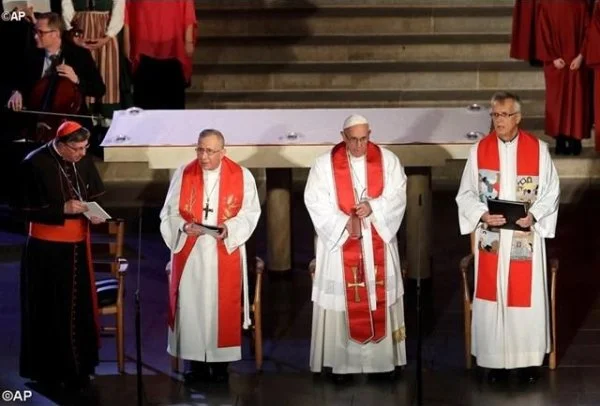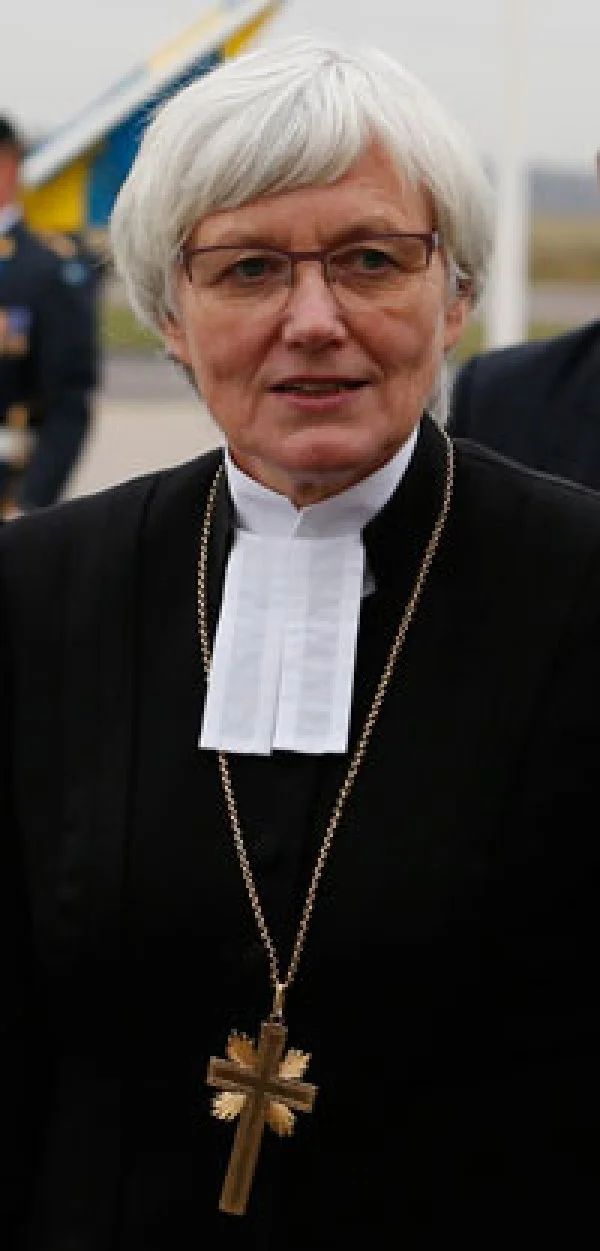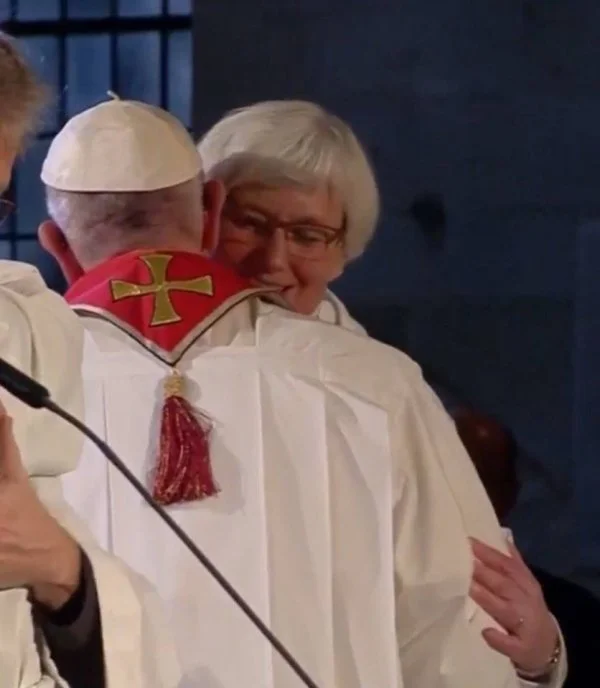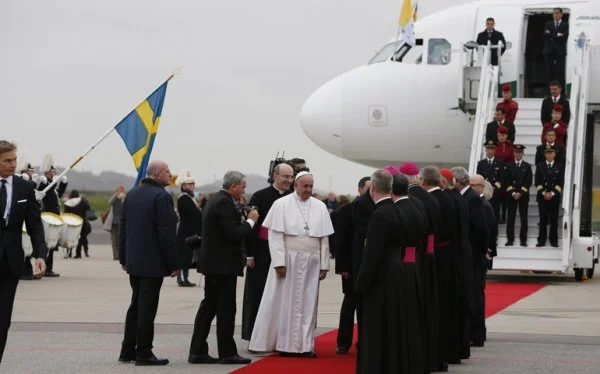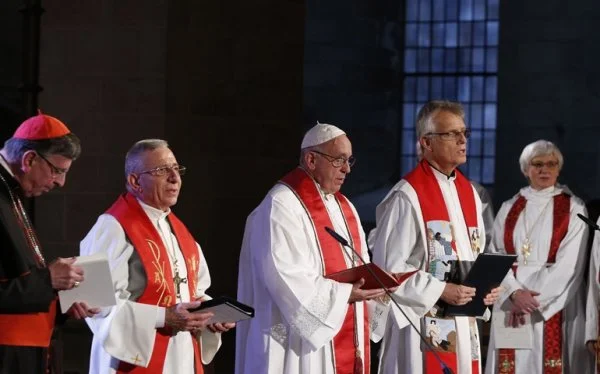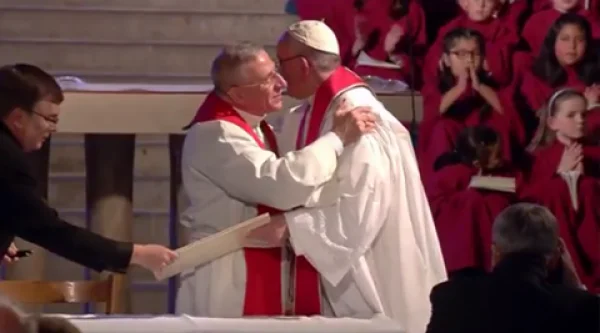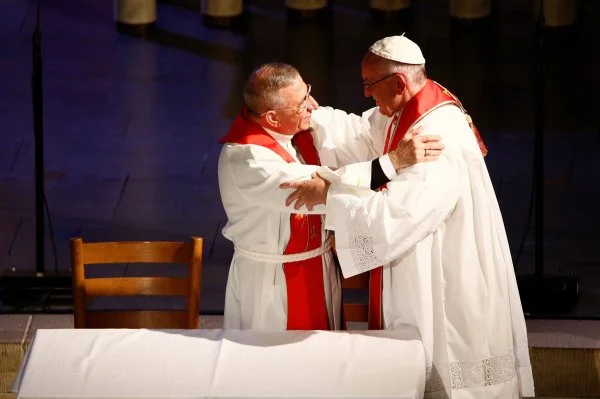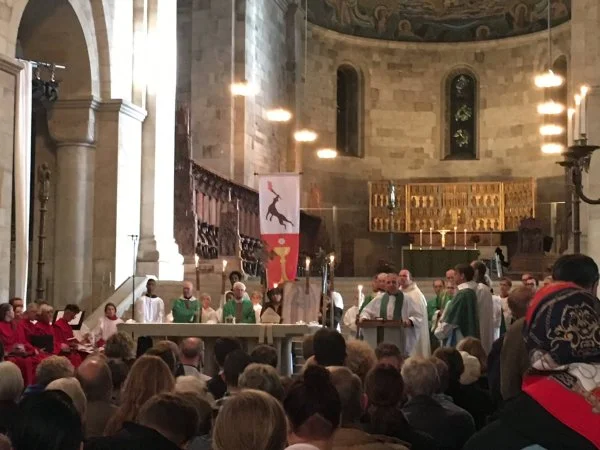- Français
- |
- Booklist
- |
- Week of Prayer
- |
- Links
- Areopagus - a forum for dialogue
- Academic journals
- Acronyms
- Bible tools
- Bibliographies
- Booksellers and publishers
- Churches
- Canadian church headquarters
- Directory of Saskatchewan churches
- Retreat centres
- Saskatchewan church and non-profit agencies
- Ecumenism.net Denominational links
- Anabaptist & Mennonite
- Anglican
- Baptist
- Evangelical
- Independent episcopal
- Lutheran
- Methodist, Wesleyan, and Holiness
- Miscellaneous
- Mormon
- Orthodox (Eastern & Oriental)
- Para-church ministries
- Pentecostal / charismatic
- Presbyterian & Reformed
- Quaker (Society of Friends)
- Roman & Eastern Catholic
- United and uniting
- Documents of Ecumenical Interest
- Ecumenical agencies
- Ecumenical Booklist
- Ecumenical Dialogues
- Glossary
- Human rights
- Inter-religious links
- Justice & peace
- Lectionaries
- Religious news services
- Resource pages
- Search Ecumenism.Net
- |
- Documents
- Ancient & Medieval texts
- Ecumenical Dialogues
- Interreligious
- Anabaptist & Mennonite
- Anglican
- Evangelical
- Lutheran
- Orthodox
- Reformed & Presbyterian
- Roman & Eastern Catholic
- United & Uniting
- Miscellaneous churches
- Canadian Council of Churches (CCC)
- Conference of European Churches (CEC)
- Interchurch Families International Network (IFIN)
- National Council of Churches in Australia (NCCA)
- Lausanne Committee for World Evangelism (LCWE)
- World Council of Churches (WCC)
- Other ecumenical documents
Church traditions
Documents from ecumenical agencies
- |
- Dialogues
- Adventist-Reformed
- African Instituted Churches-Reformed
- Anglican-Lutheran
- Anglican-Orthodox
- Anglican-Reformed
- Anglican-Roman Catholic
- Anglican-United/Uniting
- Baptist-Reformed
- Disciples of Christ-Reformed
- Disciples of Christ-Roman Catholic
- Evangelical-Roman Catholic
- Lutheran-Mennonite
- Lutheran-Mennonite-Roman Catholic
- Lutheran-Reformed
- Lutheran-Roman Catholic
- Mennonite-Reformed
- Mennonite-Roman Catholic
- Methodist-Reformed
- Methodist-Roman Catholic
- Oriental Orthodox-Reformed
- Orthodox-Reformed
- Orthodox-Roman Catholic
- Pentecostal-Reformed
- Prague Consultations
- REC-WARC Consultations
- Roman Catholic-Lutheran-Reformed
- Roman Catholic-Reformed
- Roman Catholic-United Church of Canada
- |
- Quick links
- Canadian Centre for Ecumenism
- Canadian Council of Churches
- Ecumenical Shared Ministries
- Ecumenism in Canada
- Interchurch Families International Network
- International Anglican-Roman Catholic Commission for Unity and Mission
- Kairos: Canadian Ecumenical Justice Initiatives
- North American Academy of Ecumenists
- Prairie Centre for Ecumenism
- Réseau œcuménique justice et paix
- Week of Prayer for Christian Unity
- Women's Interchurch Council of Canada
- World Council of Churches
- |
- Archives
- |
- About us
Catholics and Lutherans commemorate the Reformation together
— Oct. 31, 201631 oct. 2016Commemorations of next year’s 500th anniversary of the Reformation – which led to the separation of protestant churches from the Catholic Church – have begun with a combined prayer service in Lund Cathedral, Sweden, attended by Pope Francis and the Revd Dr Martin Junge, general secretary of the Lutheran World Federation. The participation of Pope Francis at the start of the year of commemorations is hugely significant and symbolises the growing ecumenical thaw which has been taking place over the past 50 years.
The prayer service is taking place in Lund Cathedral, which began life in 1080 as the seat of the Catholic archiepiscopal diocese of Lund; but since Danish Reformation in the 1520s and 1530s, has been a Lutheran cathedral. It became part of the Church of Sweden when the Province of Skåne (Scania) was ceded from Denmark to Sweden in 1658.
Through the Porvoo Communion, the Church of Sweden is in full communion with several Anglican churches, including the Church of England, the Church of Ireland, the Lusitanian Church of Portugal, the Scottish Episcopal Church, the Reformed Episcopal Church of Spain, and the Church in Wales. Elsewhere across the globe, other Anglican churches are in varying degrees of unity and communion with other Lutheran churches.
“We are on our way from conflict to communion,” Archbishop Antje Jackelén, leader of the Church of Sweden, said at a press conference, referencing the ground-breaking 2013 joint report between the two churches. “We are going to express our joy and gratitude for what we have in common: namely, the Gospel of Jesus Christ which unites us – that can be celebrated never enough.
“But there are also things that we definitely do not want to celebrate; but to repent and express our lament and sorrow; and that is, of course, the pain that division has caused throughout so many centuries.”
Bishop Anders Arborelius of the Catholic diocese of Stockholm – the only Catholic diocese in Sweden – said that the Catholic Church had “practically disappeared” in Sweden as a result of the Reformation. “The Catholic Church was banned for Centuries here in Sweden, but gradually the Church came back; and in so many ways we experienced the friendship, the help, the spiritual unity with so many Lutherans,” he said. One of many signs of “goodness and friendship” between the two churches was the use of more than 100 Lutheran church buildings for Catholic services, he said.
In his sermon at the joint prayer service in Lund Cathedral, Dr Junge spoke of the True Vine from John 15: 1-5. “For centuries, generation after generation, we have been reading this text tat presents Jesus as the true vine,” he said. “However, rather than reading it as an encouragement to affirm our unity, we focused on the branches that, because they did not bear fruits, were removed from the vine.
“This is how we have seen one another: as branches separated from the true vine, Christ.
“But there were women and men who, in times when this joint commemoration was still unimaginable, already gathered together to pray for unity or to form ecumenical communities. . . I feel deep gratitude for those bold prophets. As they lived and witnessed together they began to see one another no longer as separated branches; but as branches united to Christ.”
In his sermon, Pope Francis said that the two churches “wish to manifest our shared desire to remain one with Christ, so that we may have life.” It was, he said, “a moment to thank God for the efforts of our many brothers and sisters from different ecclesial communities who refused to be resigned to division, but instead kept alive the hope of reconciliation among all who believe in the one Lord.
“As Catholics and Lutherans, we have undertaken a common journey of reconciliation. Now, in the context of the commemoration of the Reformation of 1517, we have a new opportunity to accept a common path, one that has taken shape over the past fifty years in the ecumenical dialogue between the Lutheran World Federation and the Catholic Church.”
The Anglican Archbishop of Dublin, Michael Jackson, is present in Lund for the service, as is the Anglican Communion’s director of faith, unity and order, the Revd Canon Dr John Gibaut – a veteran of many ecumenical dialogues. He described the Pope’s presence at the event as “extraordinary.”
“His presence is a result of many factors: the openness of the Catholic Church to the ecumenical movement since the Second Vatican Council, and the achievements of the Lutheran-Roman Catholic theological dialogue, including its historic 1999 Joint Declaration on the Doctrine of Justification,” Dr Gibaut said.
“His presence also reflects the growing relationships between Lutheran and Roman Catholic clergy and people from around the world. This is the short-term view. From the long-term view of 50, 100, 200, or 500 years this is nothing short of miraculous, and a deeply healing miracle at that.
“Wherever and whenever the unity of the Church advances, it is a common joy shared by all. Anglicans rejoice with both our Lutheran and Roman Catholic ecumenical partners today.
“This ecumenical delight was expressed theologically at ACC-16 [the Anglican Consultative Council meeting in Lusaka, Zambia in April] when the Council passed a resolution which ‘welcomes and affirms the substance of the Joint Declaration on the Doctrine of Justification.’”
More than 500 people were in Lund Cathedral for the service. The Pope, together with Lutheran and Catholic leaders, are now travelling to the nearby Malmö Arena where 10,000 people are will take part in a further joint commemoration.

 Permanent link: ecumenism.net/?p=11433
Permanent link: ecumenism.net/?p=11433
Categories: ACNS • In this article: Catholic, Christian unity, Lutheran World Federation, Pope Francis, Reformation

 Lien permanente : ecumenism.net/?p=11433
Lien permanente : ecumenism.net/?p=11433
Catégorie : ACNS • Dans cet article : Catholic, Christian unity, Lutheran World Federation, Pope Francis, Reformation

